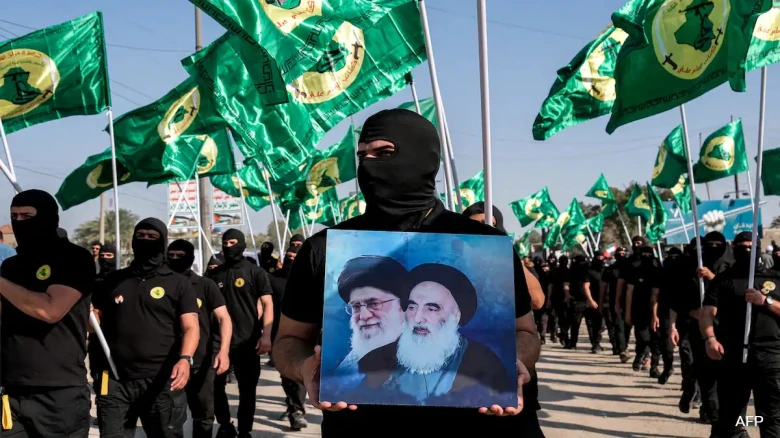The Biden administration reportedly expressed its concern that any attack could target military or intelligence installations rather than civilians...
Digital Desk: Iran has issued a stark warning to the United States in the wake of a suspected Israeli attack on its consulate in Syria. As tensions escalate in the region, Iran's deputy chief of staff for political affairs, Mohammad Jamshidi, conveyed Iran's message to Washington, urging the US to "step aside" and avoid involvement in what Iran perceives as a trap set by Israeli Prime Minister Benjamin Netanyahu.
"In response, the US asked Iran not to hit American targets," Jamshidi stated, indicating ongoing dialogue between the two nations amidst heightened concerns of retaliatory actions.
While the US has not officially commented on Iran's warning, reports from CNN suggest that American authorities are bracing for potential retaliatory strikes from Iran against Israeli or American targets in the region. The Biden administration reportedly expressed its concern that any attack could target military or intelligence installations rather than civilians.
In a notable move, the Biden administration directly communicated to Iran its lack of foreknowledge regarding Monday's airstrike in Damascus, signaling an effort to prevent potential attacks on US forces and bases in the Middle East.
Meanwhile, Iran has vowed to deliver a "slap" to Israel, its longstanding adversary, in response to the attack on its consulate. However, the specifics of Iran's retaliatory actions remain unclear, with speculation surrounding the possibility of direct strikes or indirect measures through proxy groups like Hezbollah, based in Lebanon.
The recent airstrike, which claimed the lives of at least seven Iranians, including two generals, marked a significant escalation in tensions between Iran and Israel. While Israel has previously targeted Iranian assets in Syria, this attack represented the first direct hit on an Iranian diplomatic facility.
In anticipation of potential reprisals, Israel has bolstered its defenses, mobilizing troops and enhancing air defense systems. Hezbollah, Iran's main proxy in the region, has affirmed its readiness for any conflict with Israel, though its leader, Hassan Nasrallah, emphasized that the group would not interfere in Iran's decision-making process.
As the situation unfolds, the Middle East braces for the possibility of further escalation, with the actions of key players such as Iran, Israel, and Hezbollah shaping the region's geopolitical landscape.

Leave A Comment